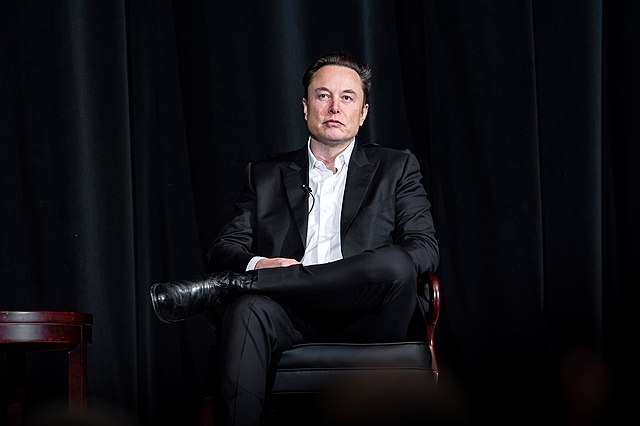The idea that our reality might be a simulation akin to the world portrayed in the movie "The Matrix" is both captivating and philosophically challenging. This concept, proposed by various thinkers, scientists, and futurists, sparks intriguing debates about the nature of existence, consciousness, and the fabric of reality itself.
The Simulation Hypothesis:
At the heart of this concept lies the Simulation Hypothesis, suggesting that our perceived reality is not the base layer of existence but rather a meticulously designed simulation created by a more advanced civilization. This hypothesis has gained traction partly due to the exponential growth of technology and simulations, raising questions about the limits of our own capabilities.
The Quandary of Existence:
Throughout the ages, philosophers have grappled with the fundamental question of reality's essence. René Descartes' iconic statement "Cogito, ergo sum" (I think, therefore I am) highlights the uncertainty surrounding our perceptions. The Simulation Hypothesis, in a similar vein, probes the authenticity of our experiences, leaving us to wonder if they are indeed factual or mere fabrications.
Advancements in scientific knowledge and technology, specifically in virtual reality and artificial intelligence, make it increasingly conceivable that our reality might be a simulation created by a more advanced civilization. The development of sophisticated simulations and immersive experiences leads us to wonder if it's possible that our reality is a creation of a civilization that has a greater level of technological advancement.
Exploring the Evidence:
While direct evidence supporting the Simulation Hypothesis remains elusive, some arguments and phenomena fuel the debate. Quantum physics, for instance, with its baffling behavior at the subatomic level, raises questions about the fundamental nature of reality. Moreover, the discovery of glitches or limitations in our universe's laws might hint at a simulated reality.
Critics of the Simulation Hypothesis contend that the vast and intricate nature of our reality can not be replicated by human capabilities. Moreover, the subjective experiences and consciousness that we possess seem to be too sophisticated to be artificially created.
Considering the prospect of existing within a simulated realm could significantly shift our perspectives on ethical principles, personal autonomy, and the meaning of life. The possibility that our reality might be a creation of a more advanced intelligence would raise profound questions about the motivations of the creators and our role within this fabricated environment, potentially leading to a transformation of our understanding of the world and our place within it.
Conclusion:
The idea of living in a simulation, akin to the Matrix, remains a tantalizing and divisive topic. While scientific advancements, philosophical ponderings, and thought experiments contribute to this discourse, conclusive evidence remains elusive. Whether our reality is a simulation or not, contemplating the possibilities challenges our understanding of existence and the boundaries of human knowledge.
The farther we venture into the unknown expanse of the cosmos, the more we can not help but wonder if our reality is but a mere shadow of a greater, perhaps synthetic, truth, a notion that invariably piques our insatiable thirst for knowledge and exploration.
Regardless of whether our existence is a simulation or not, the pursuit of truth and comprehension of our reality will persist in influencing our endeavors to acquire knowledge and significance.
Is this content hitting the mark for you? If so, consider supporting my work—buy me a virtual coffee! 



